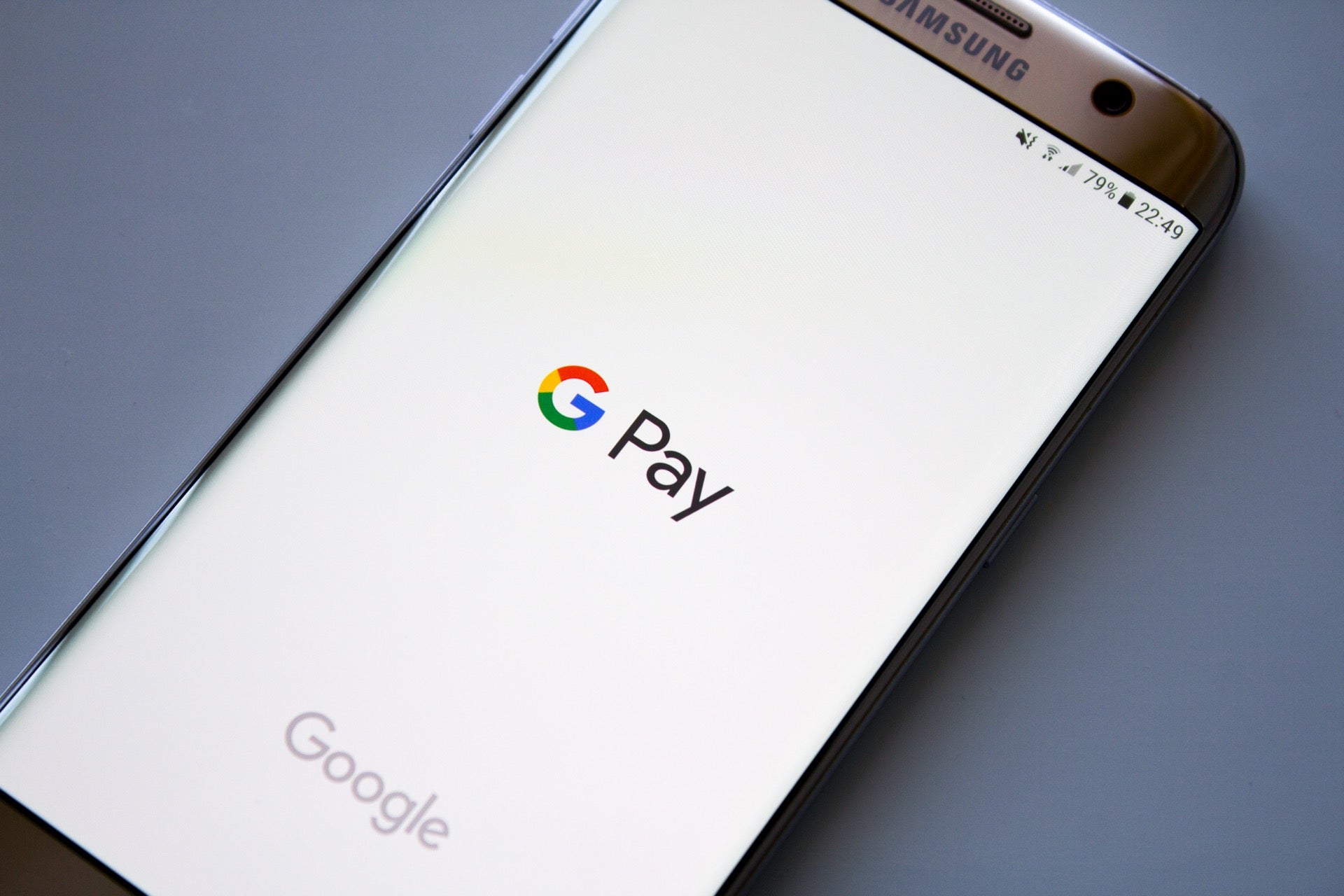
Google Pay starting to enable users to send money across borders is far from unexpected, but could spell out bad news for neobanks like Revolut, according to market stakeholders and analysts.
The search giant’s payments branch has announced its latest foray into the world of fintech by offering US-based Google Pay users the ability to make money transfers to Google Pay users in India and Singapore. The new feature has been made possible through an integration with Western Union and Wise, which was formally known as TransferWise.

Access deeper industry intelligence
Experience unmatched clarity with a single platform that combines unique data, AI, and human expertise.
And this is just the beginning. The Mountain View-based company expects that US Google Pay users will be able to send money to people in more than 200 countries and territories through Western Union and to more than 80 countries through Wise by the end of 2021.
“Cross-border payments are not just a lifeline for loved ones; they form the financial backbone for many economies,” said Josh Woodward, director of product management at Google Pay. “For many people with families abroad, sending money home is something they do as frequently as every month. By teaming up with Western Union, we are providing a way for Google Pay users to send money quickly, safely, and reliably from the Google Pay app.”
Market analysts though were left unsurprised by the Alphabet subsidiary’s latest initiative given that the foreign exchange market has been ripe for disruption for many years.
“Banks charge very high fees for international remittances, which has made the more affordable propositions of fintechs very attractive and has enabled them to take market share,” Yusuf Özdalga, partner and head of the UK at QED Investors, tells Verdict. “Given its global reach, it makes sense for Google to target this attractive market where its universal appeal with Google Pay gives it a unique distribution advantage.”

US Tariffs are shifting - will you react or anticipate?
Don’t let policy changes catch you off guard. Stay proactive with real-time data and expert analysis.
By GlobalDataChallenger banks have famously mushroomed their user bases by offering lower fees for cross-border transactions than those of traditional banks. However, with Google Pay entering the fray, some fintech experts thinks this could spell out bad news for smaller startups.
“This announcement is not great news for companies like Revolut who have positioned themselves as the bank of people who send money abroad and are beginning to set up operations in the US,” Hristian Nedyalkov, founder and CEO of smart banking app Novus, tells Verdict. “It highlights a major flaw in the B2C digital banking business model that most digital banks in the UK especially – including Monzo and Revolut – have been suffering with the reliance on FX spread and fee only to generate revenue.”
He added that the Silicon Valley behemoth have several advantages against smaller rivals. Android users, for instance, often already use Google Pay on their smartphones, meaning that there will be very little friction for them to start using the new service.
“Unlike other fintech startups who have to spend money on user acquisition and hence charge fees to stay profitable, Google Pay has an advantage of an existing user base and hence stronger pricing power,” Nedyalkov says.
And this could just be the beginning of Google’s fintech expansion. “It won’t be surprising if very soon you can open a Google bank account similar to a Google email account,” Nedyalkov speculates.
Google Pay adding cross-border transactions for its US-based users follows a trend that has seen Big Tech giants like Amazon, Apple, Uber and Facebook all announcing different financial services over the past few years. As highlighted above, this could be a tremendous obstacle for smaller startups.
But as always when the discussion centres around Big Tech potentially grabbing market shares from smaller rivals, some believe that Google Pay expanding its services could be an advantage for some startups.
“This could present more opportunity for partnerships,” Paul Marcantonio, executive director of UK and western Europe at ECOMMPAY, tells Verdict. “Smaller startups could enable their own businesses by partnering with larger technology companies, giving their ventures the greatest chance of success despite smaller budgets. This will encourage innovation, as smaller startups will be able to bring new ideas and concepts to market, while reducing the risk of failure or reputational damage.”
Rob Anderson, managing director at payments provider Paynetics, is also bullish about the entrepreneurial flair and ability of the fintech community to overcome this hurdle.
“Smaller startups will do what they always do: find needs in the marketplace that seem like a niche to the big guys, yet are highly profitable and significant to them,” Anderson says.
“Also, as we see from this deal, Big Tech often does not offer a complete solution and needs partners to achieve their goals; that’s another opportunity for smaller startups. As the pie gets bigger, even a small slice is rather tasty.”







